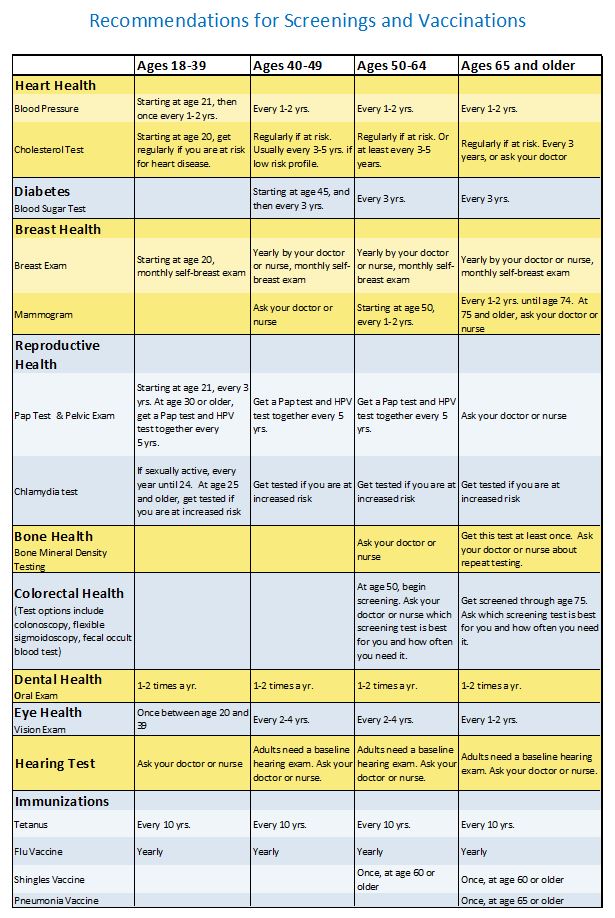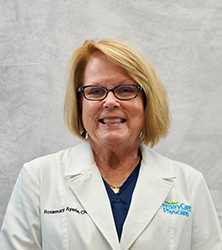By: CECILY AGCAOILI, M.D.
In recent months, I’ve seen an increased number of patients with symptoms of depression. The Covid pandemic, inflation, war and political turmoil, increased work and home responsibilities — it’s enough to upset anyone’s emotional balance.
Often, my patients report an upsetting life event, like the death of a loved one, a relationship breakup, problems on the job or in school, or trouble with friends or family. As unpleasant as those feelings are, they are normal and usually improve with time.
However, if a person experiences negative emotional symptoms that last for more than two weeks, they may be dealing with depression, a serious but treatable medical condition. In addition to upsetting events, It can be brought on by physical illness or hormonal changes such as found in childbirth, weaning or menopause, but often there may be no direct cause. Some people may have genetic predispositions that make them prone to depression.
Signs of depression in adults
Not everyone experiences depression the same way. However, if you have several of these symptoms for two weeks or more, you may be affected:
- Feeling sad or having a depressed mood
- Loss of interest or pleasure in activities you once enjoyed
- Changes in appetite — weight loss or gain unrelated to dieting
- Changes in sleep patterns — trouble sleeping or sleeping too much
- Loss of energy or increased fatigue
- Ongoing headaches, back or neck pain, or stomach discomfort
- Increase in purposeless physical activity (e.g., hand-wringing or pacing) or slowed movements and speech
- Feeling worthless or guilty
- Difficulty thinking, concentrating, or making decisions
- Irritability
- Anxiety or panic attacks
- Thoughts of death or suicide
Symptoms in men
Men and women can have the same signs of depression, but men with depression are more likely than women to report these symptoms:
- Anger
- Aggression
- Drug and alcohol abuse
- Risk-taking behaviors
Symptoms in women
Depression is diagnosed twice as often in women as it is in men. Women with depression are more likely to display these symptoms:
- Stress
- Indecisiveness
- Anxiety
- Feeling pathetic
- Sleep problems
- Depressed mood
Symptoms in teens
Depression has become common in young people between the ages of 12 and 17, and the rates of teen depression are rising fast. Teenagers have many of the same symptoms as adults, but sometimes parents think their child is just “acting out” or “being difficult” and don’t suspect depression. Symptoms in teens can include:
- Sadness and crying spells that happen without much cause
- Anger or frustration, even over small issues
- Irritability
- Extreme guilt, self-blame, or self-criticism
- Sensitivity to rejection
- Social withdrawal
- Angry outbursts or other acting-out behaviors
- Having bad grades in school or skipping school
- Conflicts with friends and family
- Self-harm
Time for help
If you or someone you know has been experiencing symptoms for at least two weeks without improvement, it’s important to get professional help. Your MPCP doctor or mental health professional can guide you through evaluation and treatment.
Most people with depression respond well to treatment. Talking to a counselor or therapist can help them understand their depression and how to work toward recovery. In some cases, antidepressant medications can help and may be added to treatment.
Getting help can make a big difference in how quickly a person recovers. If you think you or someone you know is suffering from depression, seek help soon and start the healing process.
 Dr. Agcaoili is a Maryland Primary Care Physicians, LLC partner and is certified by the American Board of Internal Medicine. She earned her medical degree at the University of Pittsburgh School of Medicine. Dr. Agaciolli cares for patients at the Columbia office.
Dr. Agcaoili is a Maryland Primary Care Physicians, LLC partner and is certified by the American Board of Internal Medicine. She earned her medical degree at the University of Pittsburgh School of Medicine. Dr. Agaciolli cares for patients at the Columbia office.

 Rosemary Ayerle, Certified Registered Nurse Practitioner, joined Maryland Primary Care Physicians, LLC in 1997. She received her Bachelor of Science in Nursing degree in 1982 and her Master of Science in Nursing degree from the University Of Maryland School of Nursing in 1989. Ms. Ayerle is board certified by the American Nurses Credentialing Center in Adult Practice.
Rosemary Ayerle, Certified Registered Nurse Practitioner, joined Maryland Primary Care Physicians, LLC in 1997. She received her Bachelor of Science in Nursing degree in 1982 and her Master of Science in Nursing degree from the University Of Maryland School of Nursing in 1989. Ms. Ayerle is board certified by the American Nurses Credentialing Center in Adult Practice.


